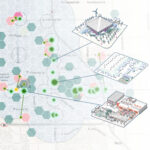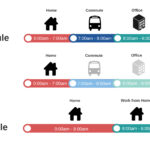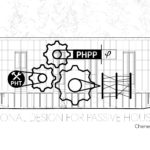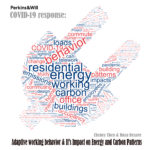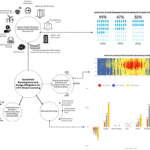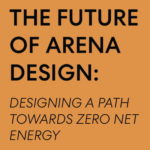
This article focuses on sustainable design considerations and strategies for achieving a high-performance retrofit of an existing higher-education laboratory building, located in a cold climate. The primary objective was to evaluate the present state and potential retrofit strategies to improve building performance. Research methods included analysis of archival data and empirical data, and computational software... Read more »


